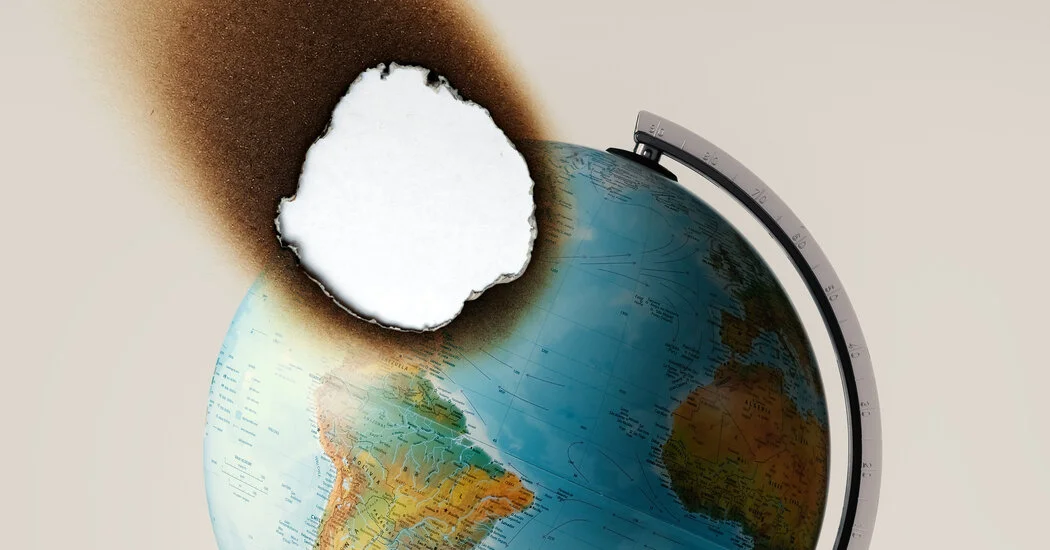


Is it just me, or is it vaguely racist how dismissive that article was of “ancient civilizations” and the idea that indigenous myths might be retellings of the Younger Dryas impacts? I feel like there’s always aggressive pushback from “modern scientists” whenever the idea comes up that indigenous myths speak of real historical events. It feels like, in the US and Canada particularly, Native Americans aren’t allowed to have histories - that the history of Native Americans began when white settlers arrived to write those histories down. They want to pretend the thousands of years of history passed down through tribal oral traditions never existed at all and Native peoples simply existed, like animals, without memory of past or hope of future, until civilized Europeans brought history to the Americas. When what really happened was most of the people who remembered those oral traditions died in the colonial apocalypse, and those settlers danced on the graves of history.
All that is to say, the science might be one way or another, but the dismissive attitude taken towards oral tradition and mythic history really rubs me the wrong way.
Have you ever played the telephone game? Things change as people retell a story. Science is based on information directly from the source. It has to be verifiable. It’s ok to use the stories to learn about a culture and their history, but they aren’t suitable for science.
There are a number of examples of oral traditions including description of events a few hundred years prior. Further than that, and stuff tends to be garbled enough that it’s tough to tell whether people are talking about the same event
